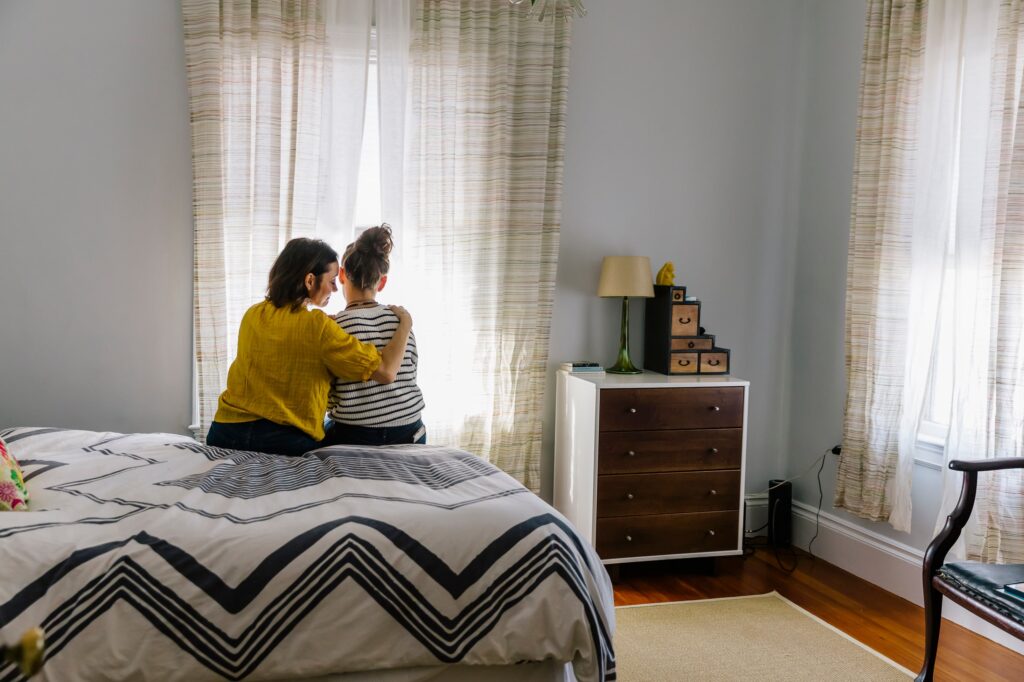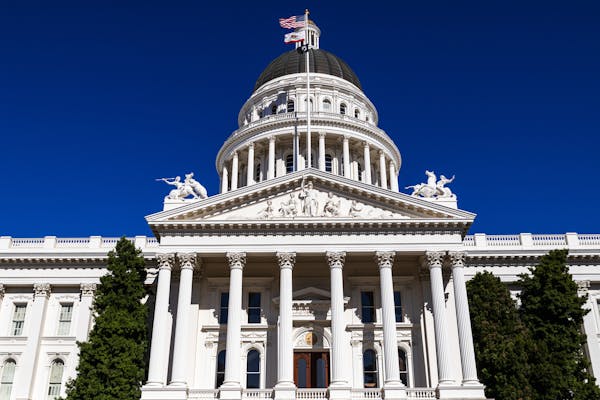We’re proud to empower immigrants through high-quality legal defense programs and community-based networks of support.

The Acacia Center for Justice builds, strengthens, and expands immigrant legal defense programs for adults and children across the country.
Unlike criminal proceedings, where the 6th Amendment guarantees a defense attorney to those who cannot afford one, there is no government right to a publicly-funded attorney in immigration court. Finding and securing a private immigration attorney can be time-consuming and prohibitively expensive. As a result, most people have no legal representation in immigration court and little to no information about what to expect and how to respond during these complex legal proceedings. The stakes for immigration proceedings are extremely high.

If someone receives a final order of removal from an immigration judge, they will be separated from their family, incarcerated in an immigration detention center. They are likely to lose their ability to provide for themselves and their family, and be forcibly returned to potentially life-threatening conditions in their country of birth. If they come back after deportation, they will be criminally prosecuted and face up to 20 years in prison.
For these reasons, there is an urgent need for publicly-funded legal defense for immigrants to provide everyone a fighting chance to state their case. To accomplish this, Acacia works in partnership with legal service providers (LSPs), community-based organizations, organizers, legal experts, advocates, and public officials.
Supporting the unsupported
01 Funding Services
Acacia secures long-term public and philanthropic funding for immigration legal services.
02 Equitable Programs
Acacia manages funding and programs. Most importantly, we ensure funding is spent equitably so programs remain responsive to rapidly emerging needs in the field.
03 Creating Advocates
Acacia offers training to attorneys on the ground. Subsequently, attorneys can zealously advocate for their clients in a complex, high-stakes environment.
04 Meeting Needs
Acacia continuously develops innovative programs that find new ways of meeting the full spectrum of needs of individuals seeking to begin anew in the US.
Our Programs
Unaccompanied Children Program (UCP)
Legal Orientation Program for Custodians of Unaccompanied Children (LOPC)
Counsel for Children Initiative (CCI)
National Qualified Representative Program (NQRP)
Family Group Legal Orientation Program (FGLOP)
Children Holistic Immigration Representation Project (CHIRP)
Legal Orientation Program for Detained Adults (LOP)
Legal Access Services for Reunified Families (LASRF)
